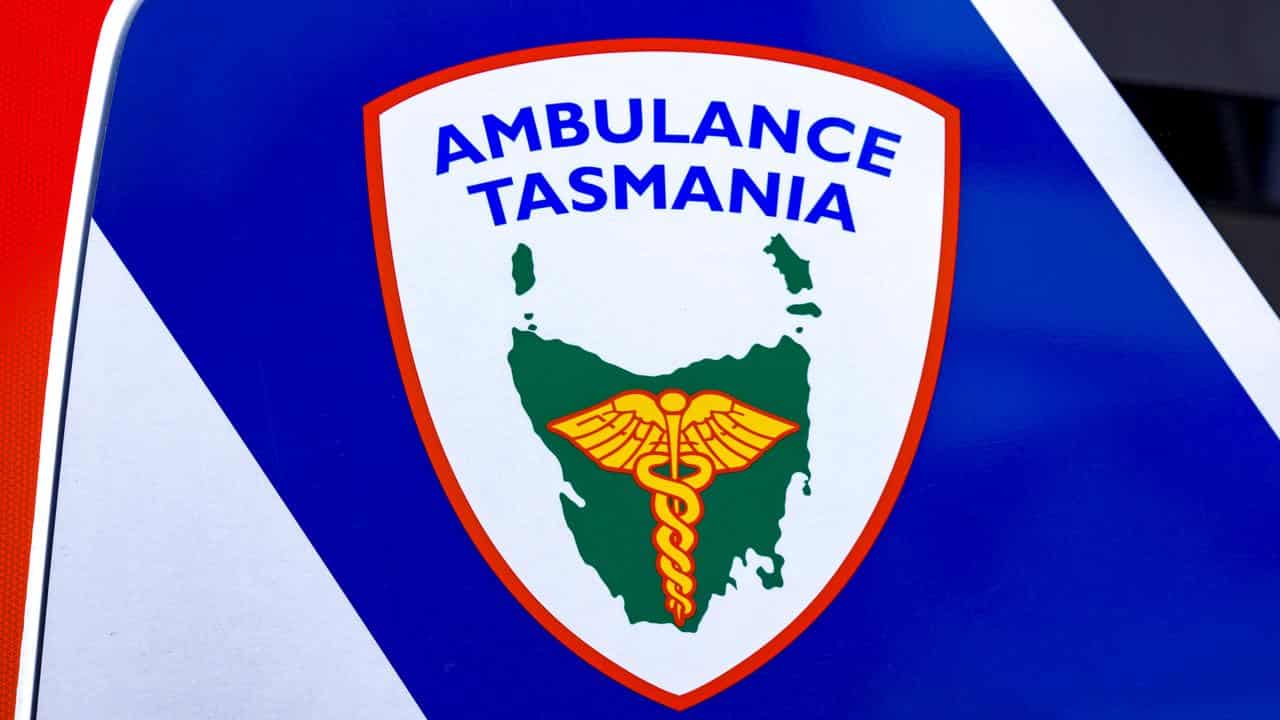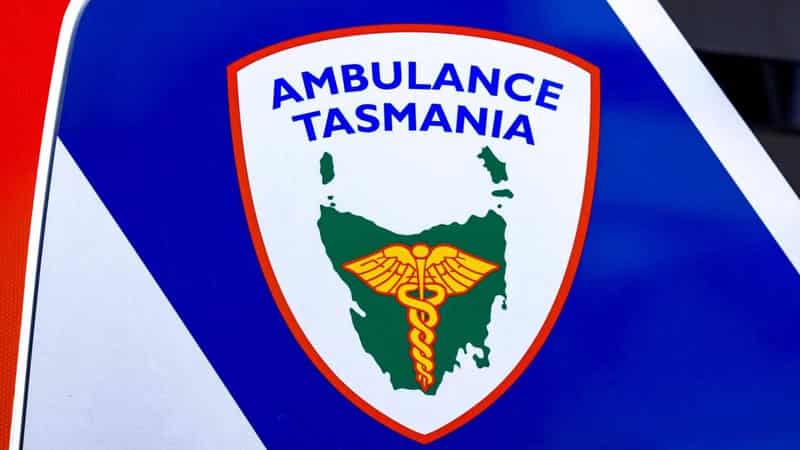
An ambulance wasn't initially sent to a man suffering several symptoms of a heart attack because information was incorrectly entered into dispatch systems.
Anton Lukacevich, 64, subsequently died on January 25, 2022 and potentially "lost an opportunity for survival" as a result of the Ambulance Tasmania failure, a coroner has ruled.
Mr Lukacevich's wife called triple zero at 10.34am, saying her husband had developed sudden sweating, shortness of breath and shoulder pain - symptoms of a heart attack.
"Despite this clear information, the call was incorrectly entered into the Ambulance Tasmania medical priority dispatch system," coroner Simon Cooper wrote in findings published on Monday.
"Mr Lukacevich was categorised as being of 'less apparent priority' than other cases. Accordingly no ambulance was sent."
Mr Lukacevich's wife called triple zero again at midday, by which time he had collapsed and was not breathing.
His wife, sister and brother-in-law performed CPR but by the time ambulance paramedics arrived he was dead.
"The failure by Ambulance Tasmania to afford the matter an appropriate priority ... potentially meant Mr Lukacevich lost an opportunity for survival," Mr Cooper said.
Mr Cooper said Ambulance Tasmania described its response to the first call as "non-compliant call taking" when he first requested information.
Ambulance Tasmania chief executive Jordan Emery extended condolences on behalf of the organisation to Mr Lukacevich's family and loved ones.
"Across Ambulance Tasmania and the department of health, any coronial findings are carefully reviewed to ensure we can learn from what has happened and to implement changes," Mr Emery said in a statement.
Since Mr Lukacevich’s death, Ambulance Tasmania has made changes within the state communications centre, including structure and governance improvements around clinical call backs for people waiting for an ambulance to arrive.
It has also increased induction training for new recruits and increased secondary triage operations to ensure cases initially deemed lower priority are appropriately escalated if the patient’s situation changes.
Wrap









